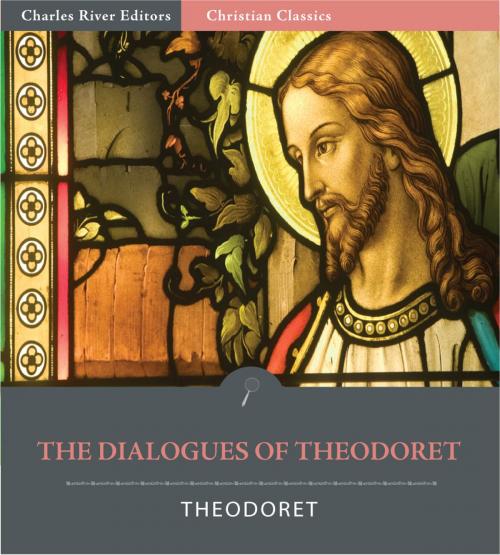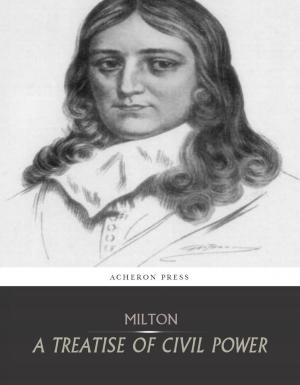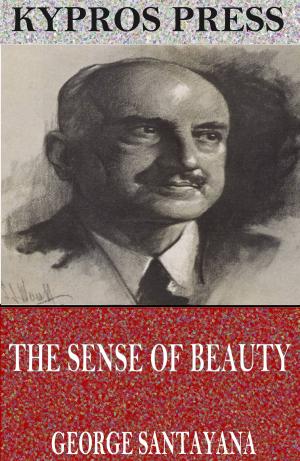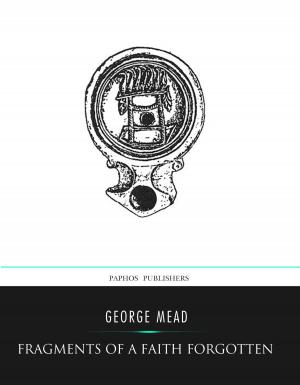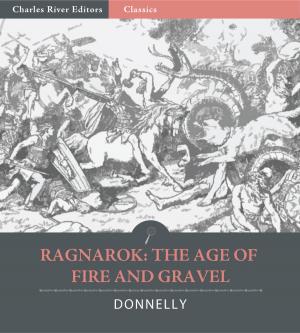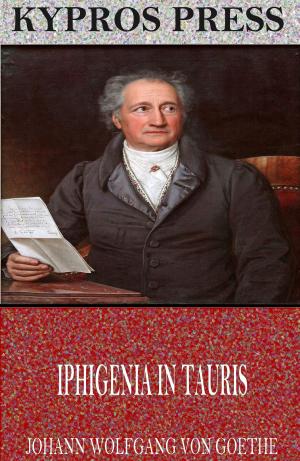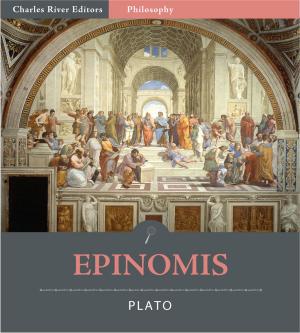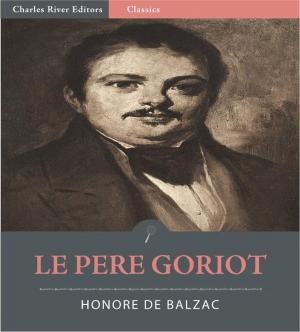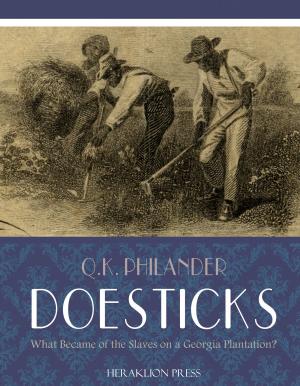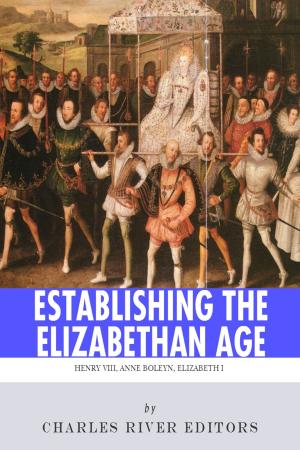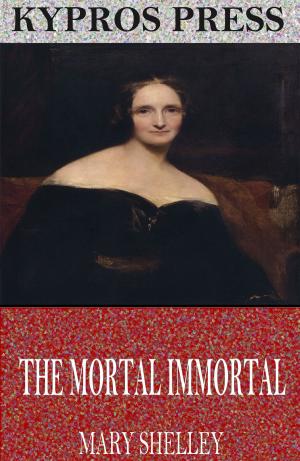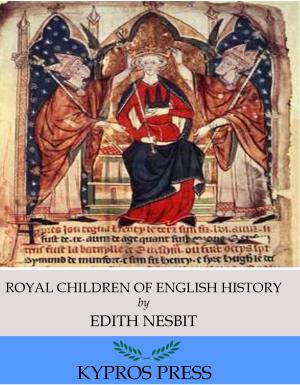The Dialogues of Theodoret
Nonfiction, Religion & Spirituality, Christianity, Church, Church History| Author: | Theodoret | ISBN: | 9781619824317 |
| Publisher: | Charles River Editors | Publication: | February 17, 2012 |
| Imprint: | Language: | English |
| Author: | Theodoret |
| ISBN: | 9781619824317 |
| Publisher: | Charles River Editors |
| Publication: | February 17, 2012 |
| Imprint: | |
| Language: | English |
Theodoret of Cyrus or (c. 393 c. 457) was an influential author, theologian, and Christian bishop of Cyrrhus, Syria (423-457). He played a pivotal role in many early Byzantine church controversies that led to various ecumenical acts and schisms. He is considered blessed or a saint by the Eastern Orthodox Church. His philanthropic and economic interests were extensive and varied: he endeavored to secure relief for the people oppressed with taxation; he divided his inheritance among the poor; from his episcopal revenues he erected baths, bridges, halls, and aqueducts; he summoned rhetoricians and physicians, and reminded the officials of their duties. To the persecuted Christians of Persian Armenia he sent letters of encouragement, and to the Carthaginian Celestiacus, who had fled the rule of the Vandals, he gave refuge. His chief christological work is the Eranistes etoi polymorphos ("Beggar or Multiform") in three dialogues, describing the Monophysites as beggars passing off their doctrines gathered by scraps from diverse heretical sources and himself as the orthodox. This edition of Theodorets Dialogues is specially formatted with a Table of Contents.
Theodoret of Cyrus or (c. 393 c. 457) was an influential author, theologian, and Christian bishop of Cyrrhus, Syria (423-457). He played a pivotal role in many early Byzantine church controversies that led to various ecumenical acts and schisms. He is considered blessed or a saint by the Eastern Orthodox Church. His philanthropic and economic interests were extensive and varied: he endeavored to secure relief for the people oppressed with taxation; he divided his inheritance among the poor; from his episcopal revenues he erected baths, bridges, halls, and aqueducts; he summoned rhetoricians and physicians, and reminded the officials of their duties. To the persecuted Christians of Persian Armenia he sent letters of encouragement, and to the Carthaginian Celestiacus, who had fled the rule of the Vandals, he gave refuge. His chief christological work is the Eranistes etoi polymorphos ("Beggar or Multiform") in three dialogues, describing the Monophysites as beggars passing off their doctrines gathered by scraps from diverse heretical sources and himself as the orthodox. This edition of Theodorets Dialogues is specially formatted with a Table of Contents.
